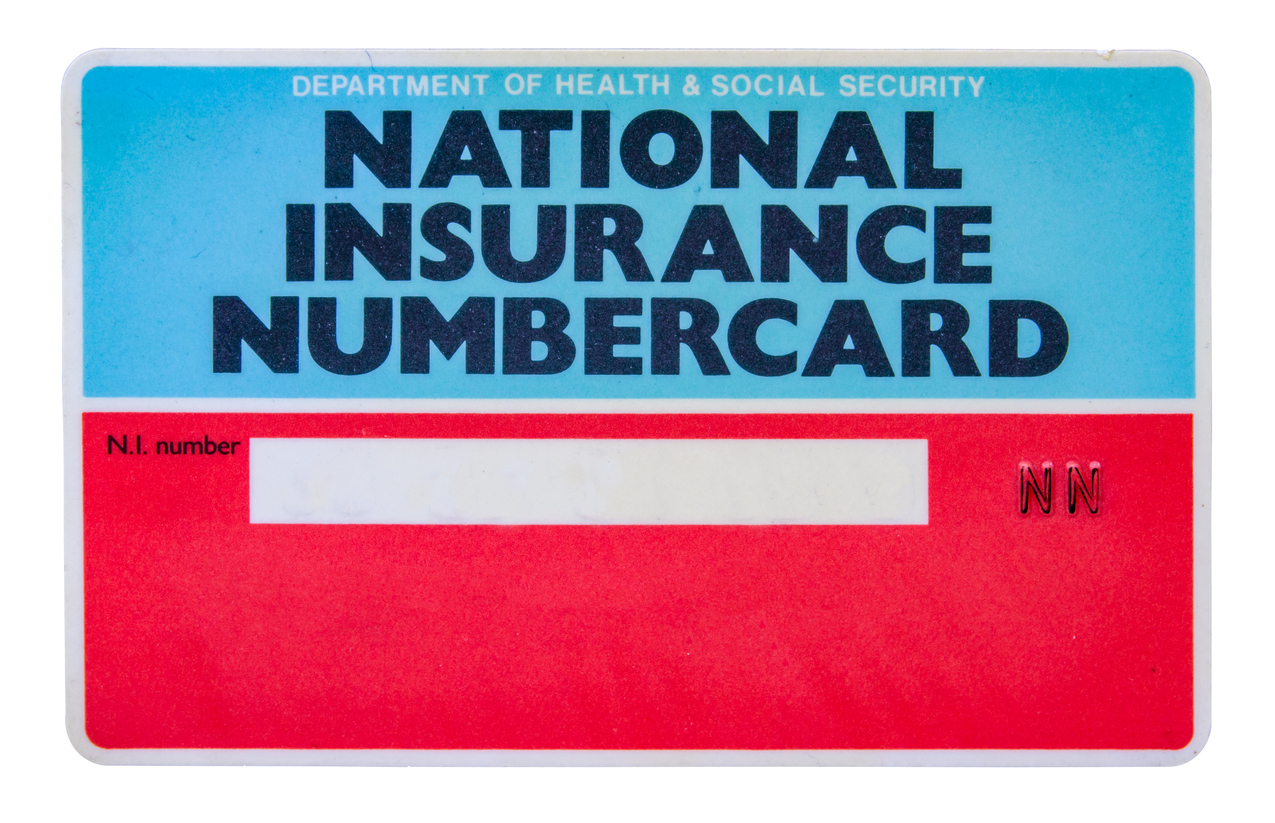
The changes to national insurance contributions (NICs) announced in the Spring Statement in March were not straightforward. Let’s set the record straight.
In his Spring Statement – or was it a mini-Budget? – the Chancellor announced several changes to NICs aimed at reducing the impact of the 1.25 percentage points increase in the rates that took effect on 6 April. The mechanism by which Mr Sunak did this was complicated by the last-minute nature of the change, two weeks before the start of the new tax year. Had the Chancellor made the adjustment in his Autumn Budget, matters would have been more straightforward.
If you are an employee the lower level of earnings on which you pay NICs will increase from £190 a week to £242 a week from 6 July 2022, 13 weeks into the tax year. If your annual earnings are above £12,570, you will see a saving from July equivalent to £6.89 a week.
If you are a company director your NICs are based on an annual figure that will be revised in July from £9,880 to £11,908 (£190 x 13 + £242 x 39). Your overall NICs savings for the 2022/23 tax year will be the same as for an employee – £268.
If you are self-employed, there are two elements to consider:
- Class 2 Contributions (£3.15 a week). These were payable if your 2022/23 profits were at least £6,725 (the small profits threshold). Now, you will only have to pay Class 2 if your 2022/23 profits are at least £11,908. If you have profits in the band £6,725 to £11,908, you will still be treated for benefit entitlement purposes as if you had paid £3.15 a week.
- Class 4 Contributions. These were to have been payable at the rate of 10.25% on profits between £9,880 and £50,270 and at 3.25% on profits above £50,270. If you have read this far, you have probably guessed the lower limit has risen to £11,908, giving a maximum saving of £208 in 2022/23.
If you employ your spouse or are a company director who mainly draws dividends, these NIC changes could create some limited planning opportunities for you. It’s important that you seek out professional advice to ensure you are across the changes.
If you are interested in discussing the above with one of our experienced financial planners, please get in touch here.
The value of tax reliefs depends on your individual circumstances. Tax laws can change. The Financial Conduct Authority does not regulate tax advice.





